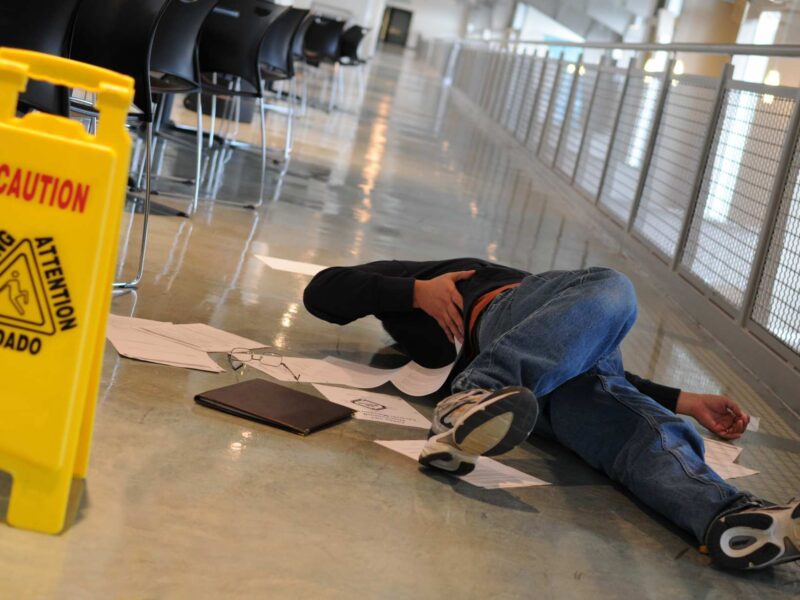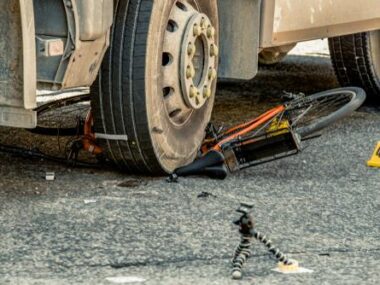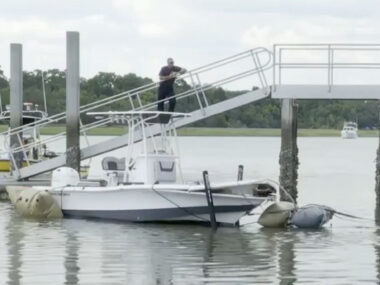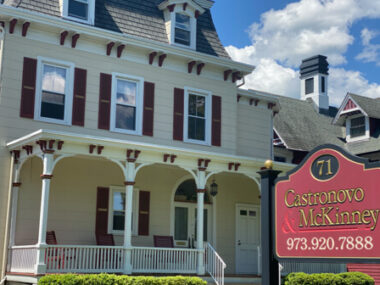Accidents happen anywhere and leave minor and severe injuries, from the grocery store or an office building to a neighbor’s yard. However, victims have the right to seek proper compensation and justice when unsafe property conditions led to their injuries. If you’ve been harmed on someone else’s property due to the owner’s negligence, you must know how premise liability works before filing a claim:
What Exactly Is It?
This personal injury law holds property owners liable when their carelessness leads to someone else’s injury. After all, they must maintain reasonably safe conditions for people who enter their property. When they neglect this obligation, and that failure causes someone to suffer injury, they may be held accountable in lawsuits.
This legal concept applies to both private and commercial properties. Additionally, the scope of liability depends on the visitor’s legal status at the time of the incident, the property’s conditions, and the actions of both the owner and visitor.
The Essentials for Filing a Valid Claim
To hold a property owner legally responsible for an injury, you must be able to prove that the owner’s negligence has led to your injuries. It requires establishing the following elements in your claim with supporting evidence and witness testimonies:
Duty of Care: This core element indicates that the owner must have owed you a legal responsibility to keep the premises safe. The extent of that duty depends on your status as a visitor.
The highest duty of care is provided to invitees, such as customers and business guests. In contrast, a moderate duty of care (a warning of potential dangers at least) is granted to licensees like friends and social guests. Little or no duty is given to trespassers (unless they are children) since they’re on the property without the owner’s permission.
Breach of Duty: Once legal duty is established, you must prove the owner failed to meet that duty by not taking reasonable action to protect visitors from foreseeable harm. The breach could be failing to promptly clean up a spill on a floor, not fixing broken railings or stairs, or ignoring known hazards like slippery paths or poor lighting.
Causation: Another essential element to prove is that the property owner’s breach directly resulted in your injury.
Damages: Building up a valid claim also requires establishing that you suffered compensable physical, emotional, and financial damages from the accident. Without evaluating them, there can be no clear basis for the lawsuit, even if the owner’s negligence is proven. Your attorney will also find it challenging to identify the amount of compensation you deserve. The damages typically include:
· Medical expenses for treatment and rehabilitation
· Lost earning capacity and wages
· Permanent disability and/or disfigurement
· Physical and emotional pain and suffering
What Situations Give Rise to Lawsuits?
Various types of accidents can lead to premises liability lawsuits. While the circumstances may vary, these claims all center around the idea that someone got injured due to a risky condition that the owner could have fixed or prevented. Some of the most common situations include:
· Slip and fall accidents
· Dog bites and animal attacks
· Inadequate property maintenance indicated by conditions like poor lighting or uneven stairways
· Negligent security on the property
· Swimming pool accidents
· Retail store and restaurant liability
Legal Deadlines For Filing
There are statutes of limitations or strict time constraints to consider when pursuing claims. The filing period varies in each state, but it is generally one to four years from when the incident occurred. It also depends on whether the plaintiff is a minor. In such cases, the victim can only file a claim once they turn 18 years old, and their deadline for filing will depend on the statute of limitations in their state.
Are There Limitations On the Recoverable Damages?
The comparative negligence law can affect your recovery. If you were partially at fault for the incident that caused your injury, your recoverable damages may be decreased by the extent to which you are to blame.
Suppose the jury deemed you at fault by 10% while the property owner is liable by 90%. If the recoverable damages are worth $50,000, you’ll recover only $90,000. Remember, however, that the rules for determining the total recoverable damages vary per state, so it’s crucial to clarify this with a local attorney.
What To Do Following a Premises Accident
Acting immediately after the incident matters when pursuing a claim if you got injured on someone else’s property, whether a store, office, or private home. Here’s a breakdown of what you must do:
1. Report the Accident
Inform the owner, manager, or landlord of the premises about the accident. Ask for a formal record of the incident with as many details as possible, from the exact location and time to the cause of the accident. Doing so ensures that they cannot later claim that they were unaware of the hazard or that the accident didn’t occur on their property.
2. Get Medical Attention
Have a healthcare professional check your injuries as soon as possible, even if they seem minor. Sometimes, symptoms like concussions or internal injuries don’t show right away. Only through immediate and proper medical evaluation can you confirm the extent and severity of your injuries and receive appropriate treatment.
3. Document and Preserve Evidence
Take photos of visible injuries, dangerous conditions like slick floors or uneven stairways, and any warning signs (or the lack thereof) on the premises. You must capture them before they disappear from the area.
Get witnesses’ names and contact information since their testimonies can help strengthen your claim. Also, keep medical records, bills, and other documents related to your injury and treatment. Your lawyer will use them to evaluate the compensation you’re entitled to.
4. Consult a Personal Injury Attorney – Given that these lawsuits can be complicated, seeking an experienced lawyer’s guidance is critical. They will help you understand your rights and legal options, assess your claim’s validity, and assist in gathering compelling evidence to support it.
Moreover, they can assist in handling overwhelming legal procedures and negotiating a fair settlement with the property owner and insurance company. Many attorneys offer consultations free of charge and work on a contingency basis, meaning you don’t have to worry about paying until you recover compensation.
The Bottomline
Premises liability law offers protections for people injured due to unsafe property conditions. When filing a claim, you must understand your rights, what to do, and any factors affecting your compensation. If you think negligence played a role in your injury, contact an attorney well-versed in this area of personal injury law to determine the best course of action.






